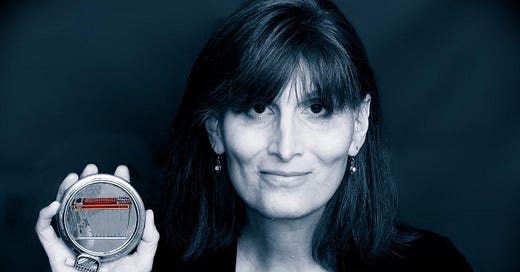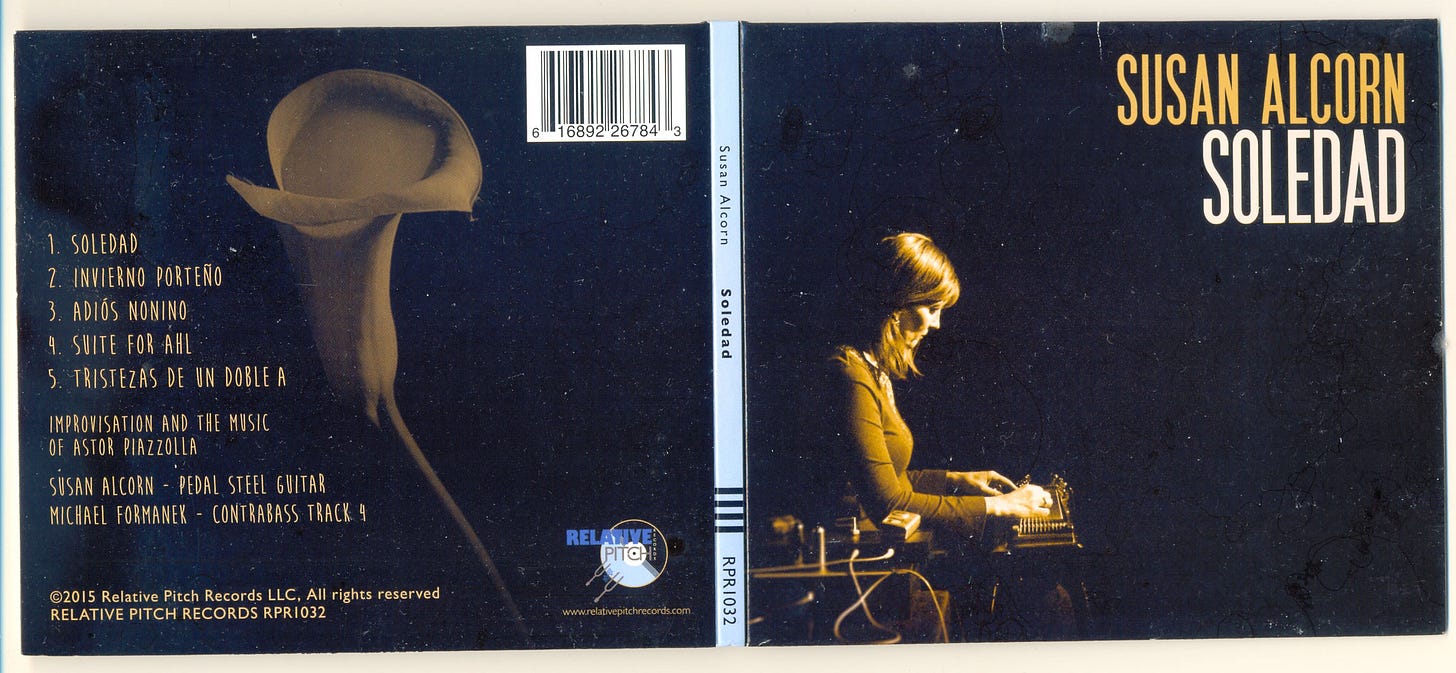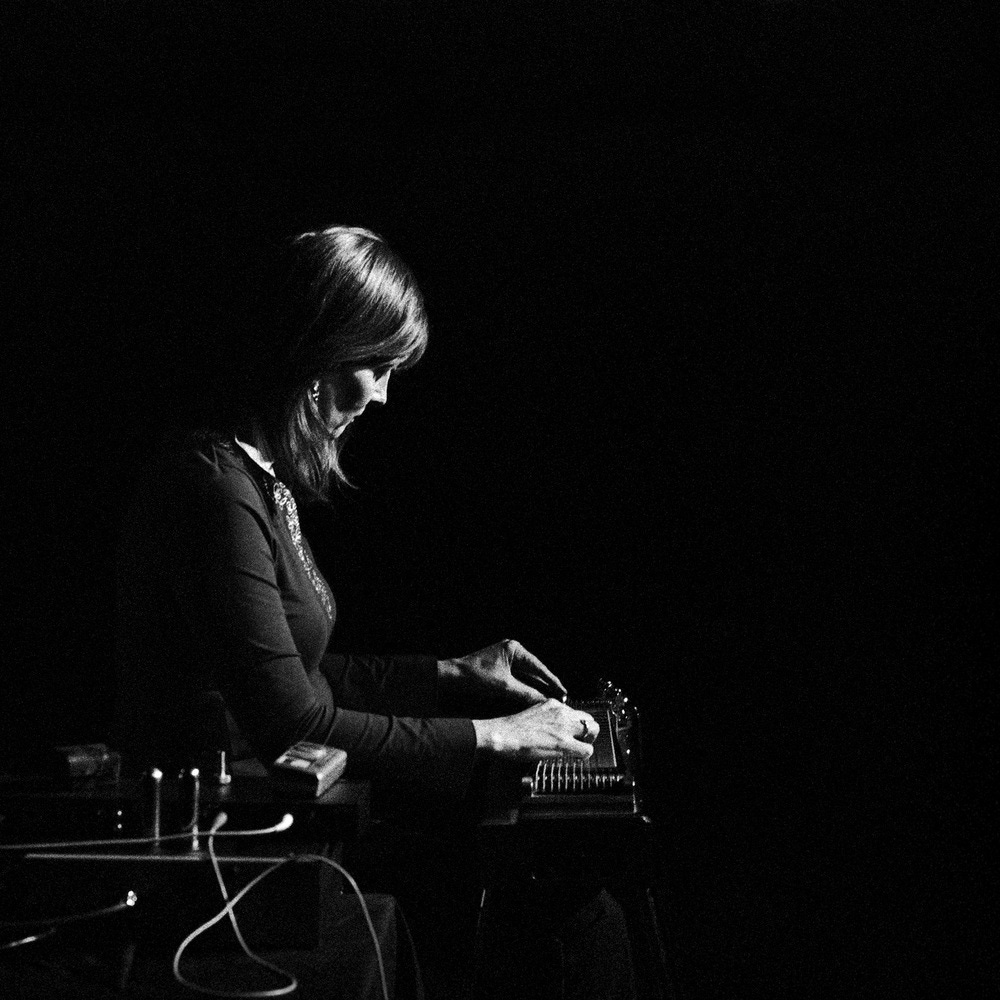Neuguitars 2025 #7 There Was Something Extremely Delicate, Pure, and Clear in Susan Alcorn’s Slide Guitar
Susan Alcorn (1953 – January 2025) was an American composer, improvisor, and pedal steel guitarist.
There was something extremely delicate, pure, and clear in Susan Alcorn’s slide guitar. I write was because Susan Alcorn suddenly passed away on January 31, 2025. I do not know the reasons for her passing. The High Zero Foundation, an organization dedicated to experimental music and festival production based in Baltimore, Alcorn’s home base, announced the sad news on X on the morning of January 31, sparking a flurry of photos, tributes, and comments from experimental music lovers and musicians. Personally, I became aware of her passing through posts by Ava Mendoza and Wendy Eisenberg on Instagram.
Susan Alcorn was a composer, improviser, and virtuoso of the pedal steel guitar, born in 1953 in Cleveland, Ohio. I don’t think I’m mistaken in saying that her entire career was characterized by an innovative approach that expanded the traditional boundaries of her instrument, taking it far beyond the realm of country music. Alcorn started playing guitar at the age of twelve, immersing herself in the folk, blues, and pop music of the 1960s. A chance encounter with blues musician Muddy Waters led her toward slide guitar, performing in country and western swing bands in Texas. However, her musical curiosity drove her to explore beyond conventional boundaries, studying 20th-century classical music, visionary jazz, and world music, integrating these influences into her unique style. Her approach was further enriched by the deep listening philosophy of composer Pauline Oliveros, with whom she collaborated.
Her music was described as a fusion of traditional and experimental techniques, creating a distinctive sound that defied categorization, something truly innovative and important, capable of revolutionizing the simple and traditional concept of the "pedal steel guitar," tearing it away from the typical role we were used to and placing it in an entirely new light.
I first discovered her when I bought her album Soledad, dedicated to the music of Argentine composer and accordionist Astor Piazzolla, known for his compositions that blend tango, jazz, and classical music. That album was truly disorienting: Alcorn not only arranged Piazzolla’s works in a completely innovative way, but she also drew a vast range of sounds from her instrument, transforming it into a lavish baroque organ, a kind of theremin to create noir effects reminiscent of science fiction films, a sonic probe to explore the depth and textures of the pieces, constructing ephemeral and delicate melodic architectures in service of Piazzolla’s music.
It was astonishing to hear tango reinterpreted this way: Alcorn built an ethereal and profound structure without being bound to its fundamental rhythmic structure—the ternary rhythm. The beating heart of tango seemed to vanish here, dissolving into the intense, sublimated melody played by her pedal steel guitar. It was an intelligent and refined work of deconstruction, which, with slow and elegant precision, dismantled, analyzed, and then reassembled all of Piazzolla’s passages, always maintaining the original melody intact.
Susan Alcorn has left a lasting legacy in the world of music. Her life and career remain a testament to the power of innovation and passion in musical artistry.







What a loss.